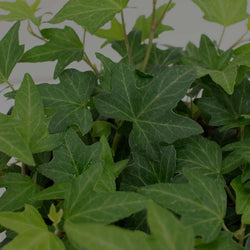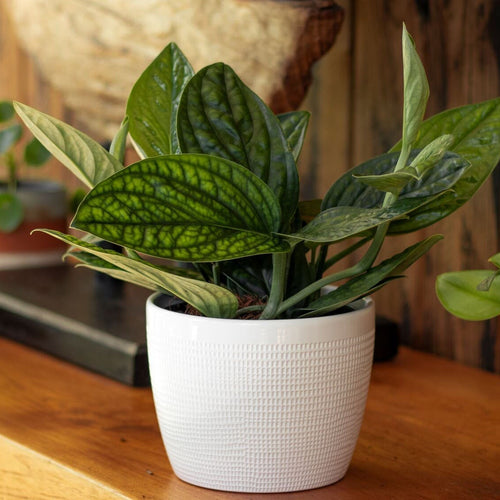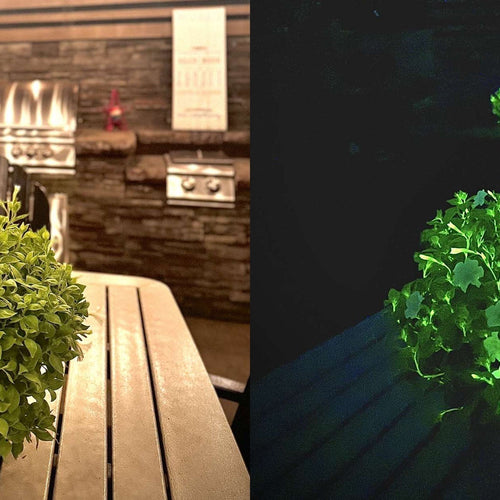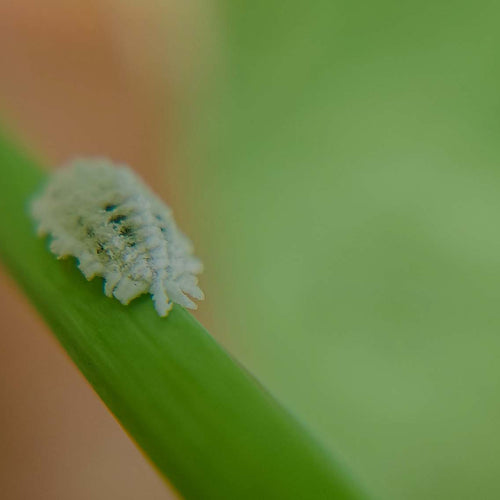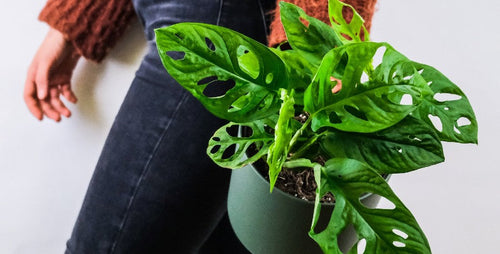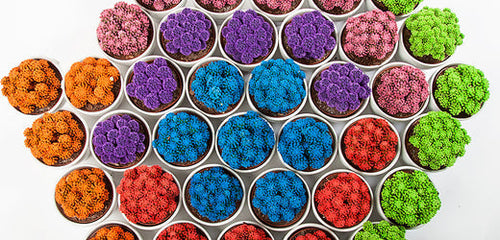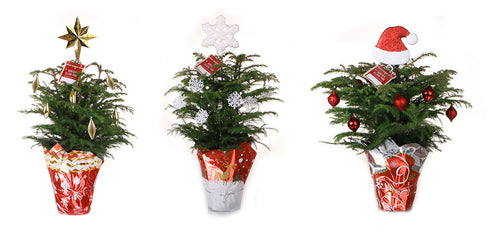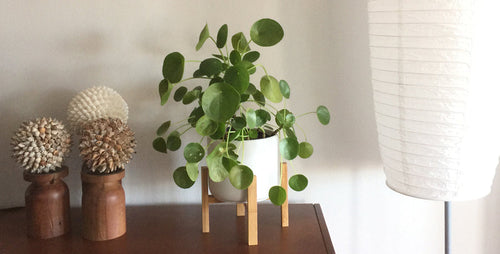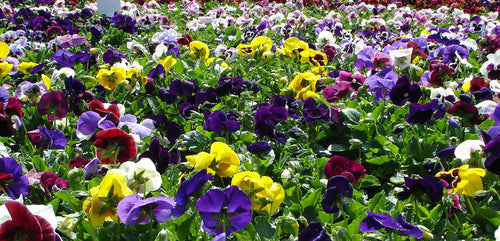Here at Costa Farms, we love to receive your feedback. Whether it’s hearing about plants you wish we grew (or grew more of), providing advice on getting your plants to thrive, or asking for insight on how we grow our plants, your emails and social media messages are important to us.
Since we have recently received a lot of comments and questions about plant patents, we thought we’d share answers to some of the most common questions on this topic.
What Is a Plant Patent, Anyway?
The United States Patent and Trademark Office does a great job of laying out what plant patents are and the rules around patenting a plant variety.
Does Costa Farms Patent its Plants?
Only rarely. With most patented varieties we grow, we’ve worked with the plant breeder to secure their permission to propagate their varieties.
Examples of plants Costa Farms does not hold patents for, but has been granted permission to grow include:
Global Green Pothos (PP33,530)
Golden Bay Aglaonema (PP10,140)
Nanouk Tradescantia (PP29,711P2)
Network Calathea (PP20,487)
Nicolas Diamond Phlebosia (PP30,873)
Pearls and Jade® Pothos (PP21,217)
Raven® ZZ Plant (PP30,035)
Why Don’t You Patent More of Your Varieties?
There are a handful of reasons why we only rarely apply for patents to protect our plants. One is that it needs to be a new variety—you can’t patent a variety that’s already in the marketplace. (So no, Thai Constellation Monstera will not be patented.)
Another reason is that it’s expensive. The process to patent a plant costs thousands of dollars. We would rather invest in finding, testing, and bringing new or commercially rare plants to you. We have great respect for the plant breeders from around the world who have brought us new varieties --- and the time and effort they have put into these new plants we get to grow.
If You Don’t Patent Plants, Why Do Your Tags Say “Propagation Prohibited?”
When we’ve been granted permission by a plant breeder to grow a variety they’ve patented, we’re required to use this language on our tags. It’s similar to the copyright notice you see in books and other published materials.
What Does PPAF Mean on a Plant Tag?
PPAF is an abbreviation that means Plant Patent Applied for. The US Trademark Office has not yet approved the patent application and assigned a number.
Does a Patent Last Forever?
No. A patent’s period of protection lasts about 20 years, after which it expires and the plant is no longer protected. Examples of common plants which had been patented but are no longer legally protected include:
Brasil Philodendron
Dottie Calathea
Emerald Bay Aglaonema
Magenta Dracaena
What about Trademarks? Do You Trademark Your Plants?
Trademarks apply to names, not the plants themselves. So in the case of a plant like Raven® ZZ, the trade name Raven is a registered trademark. That variety (regardless of what name it’s sold under) has also been patented by the breeder. Costa Farms does not generally apply for trademarks on plant names.
See a list of plants under patent and grown by Costa Farms at https://costafarms.com//patents You can see the owner of a patent and more information by searching services such as Google Patents.
If you have any other questions about this, or have an opinion to share, please reach out to us.
Written by Justin Hancock



